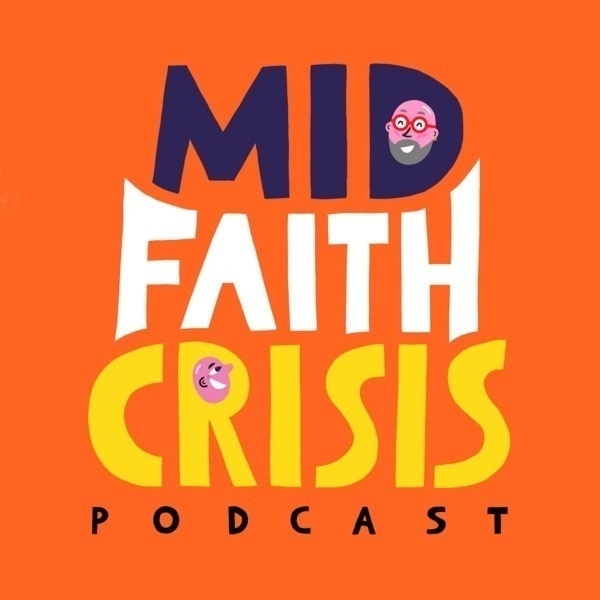
In Mid-faith Crisis 330, Joe and I – together in the same room for once – talk about getting older, about becoming an ‘adult of God’, and what our new roles might be in the future years.
[Mid-faith Crisis Episode 330: Growing old disgracefully]
I’ve been thinking a lot about the concept of ‘elders’ recently. Mainly because I am one now. Or, at least, I aspire to being one. In our society today the idea of elders is rather looked down. We are neophiliacs: we like the new, the young, the fresh, the innovative. The idea of the elder statesman is not one which is currently popular – despite the fact that many of the world’s statesmen are not so much elder and positively ancient. (And, to be honest, not particularly statesman-like.)
But the wisdom you accrue as you get old is one of life’s most important assets. Our challenge is how to recognise it, gather it and share it. The first step might be one of the most difficult: most of us don’t really know what we know. I know when it comes to writing, I’ve never really stopped to think about all I have learned: it’s just there, in the background. So the first task is to harvest our wisdom. To identify it and store it.
There are lots of ways to do this. One way is through simple conversation. Talking to one another is a great way to mine the wisdom of the years. I’m always amazed at how many older people are conditioned into thinking they have no insights to share, no wisdom to pass on. Their stories are always fascinating, for a start.
Then there is the sharing. In the Old Testament the elders of Israel were the group who oversaw the cities and the settlements. They could be found sitting at the gates. Proverbs talks about someone being ‘known in the city gates, taking his seat among the elders of the land.’ Proverbs 31:23 I like the metaphor of sitting at the transition points, learning from those coming in and giving wisdom and encouragement to those venturing out.
To do so you have to be in place. It’s no good sitting in your room, hiding away: no traveller is going to encounter you there. You have to keep attending the places of counsel. You have to go and sit at the gates. Churches are a crucial place for this. They are one of the few locations where young and old mix together these days: we should cherish this opportunity to learn from one another.
None of this means holding on to the reigns of power. I don’t think eldership is about power – not in that sense at least. It’s about listening and advising, about sharing from all life has given you, professionally and personally. What power we have as elders comes from character and knowledge.
Nor is it about living in the past. One of the challenges of getting older is to embrace change and not to want to return to some mythical ‘good old days’. The role of an elder is to bring the light of experience to the world around us: it’s about using the lessons of the past to reflect on the life of today.
And eldership is not, ultimately, about age. We all of us grow old. But not all of us will be elders. You don’t get eldership automatically conferred. (Or you shouldn’t, at least.) Where age is a factor, it’s only because more years gives you more time for reflection and thinking. The invitation of this part of life is not to slow down, or to focus on loss and frailty. Those will come, there’s no need to go looking for them. Instead it’s about taking up an invitation into a new role. What that role is will differ from person to person. But for some of us, at least, perhaps there is an invitation to go to the gates and to share wisdom with the travellers.